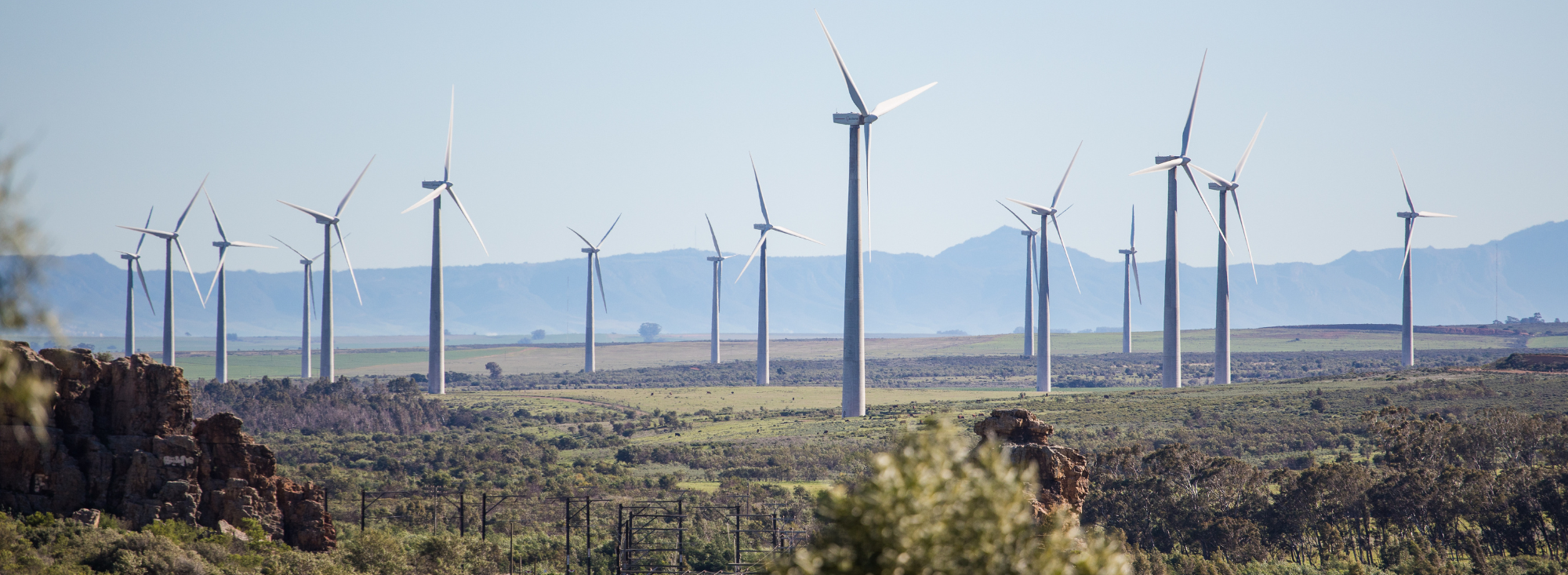The criteria for net-zero commitments can have loopholes wide enough to “drive a diesel truck through”, the UN Secretary-General stated as his Expert Group on the matter published its first report.
The report slams greenwashing and weak net-zero pledges and provides a roadmap to bring integrity to net-zero commitments by industry, financial institutions, cities and regions and to support a global, equitable transition to a sustainable future.
At COP26, Guterres announced that he would appoint an Expert Group of 17 people to address a ‘surplus of confusion and deficit of credibility’ over net-zero targets of non-state entities.
According to the Experts, actors cannot claim to be ‘net zero’ while continuing to build or invest in new fossil fuel supply or any kind of environmentally destructive activities. They can’t also participate or have their partners participate in lobbying activities against climate change or just report on one part of their business's assets while hiding the rest.
“We must have zero tolerance for net-zero greenwashing. Today’s Expert Group report is a how-to guide to ensure credible, accountable net-zero pledges,” António Guterres said.
Through 10 practical recommendations, the report provides clarity in four key areas as defined by the Secretary-General: environmental integrity; credibility; accountability; and the role of governments.
The UN chief also sent a strong message to fossil fuel companies and their “financial enablers” that have pledges that exclude core products and activities poisoning the planet and urged them to review their promises and align them with the report’s guidance.
“Right now, the planet cannot afford delays, excuses, or more greenwashing,” said former Canadian Minister Catherine Mckenna, chairman of the High-Level Expert Group. Mckenna congratulated some actors that are making strides, such as companies investing in innovation, investors moving their money from dirty to clean, and cities changing their energy grid to renewables. However, she noted: “The bad news is that too many of the net-zero pledges are... little more than empty slogans and hype. Why is greenwashing so bad? In part, because the stakes are so high. It’s not just advertising, bogus net-zero claims drive up the cost that ultimately everyone would pay. Including people not in this room, through huge impact
Latest News
-
Private health provider awards £10,000 to arthritis research team
-
Building Society hands out £1m to tackle inequality
-
Premier League and Comic Relief partnership aims to improve children’s mental health
-
Russell Hobbs launches food poverty campaign in schools
-
Tottenham Hotspur and charities launch film to tackle mental health stigma
-
Cardfactory funds homelessness charity’s team of psychologists
© 2019 Perspective Publishing Privacy & Cookies







Recent Stories